What will I learn - Childhood Studies (Master's Programme)
What will you learn?
Are you interested in children’s everyday lives and childhood as a social and cultural phenomenon? Would you like to know about children’s perspectives, experiences, and rights in diverse contexts? What about changing conditions of childhood in the context of development and globalization? If so, the international master’s program in Childhood Studies is suitable for you.
The programme provides students with an understanding of the relationship between childhood and culture as well as the dynamics between economic, social and political conditions and children's livelihoods and welfare in different contexts, that is family-life, day-care and schools, local communities etc. The programme covers the state of childhood(s) in the western world and in countries in the South. The approach is multi-disciplinary, with particular emphasis on perspectives drawn from disciplines such as anthropology, sociology, geography, and history.
Examples of topics for the master's thesis include:
- Children's experiences of joint custody
- Rural children's livelihoods
- Childhood and community services
- Children's rights and citizenship
- Family mediation
- Child care and intergenerational relationships
- Street children and health
- Children, obesity and television advertisement
- Children and education
UN Sustainable Development Goals
The taught and research components of MPhil in Childhood Studies encourage students to engage with the UN 2030 agenda on sustainable development. These include:
 SDG 1 on childhood poverty
SDG 1 on childhood poverty
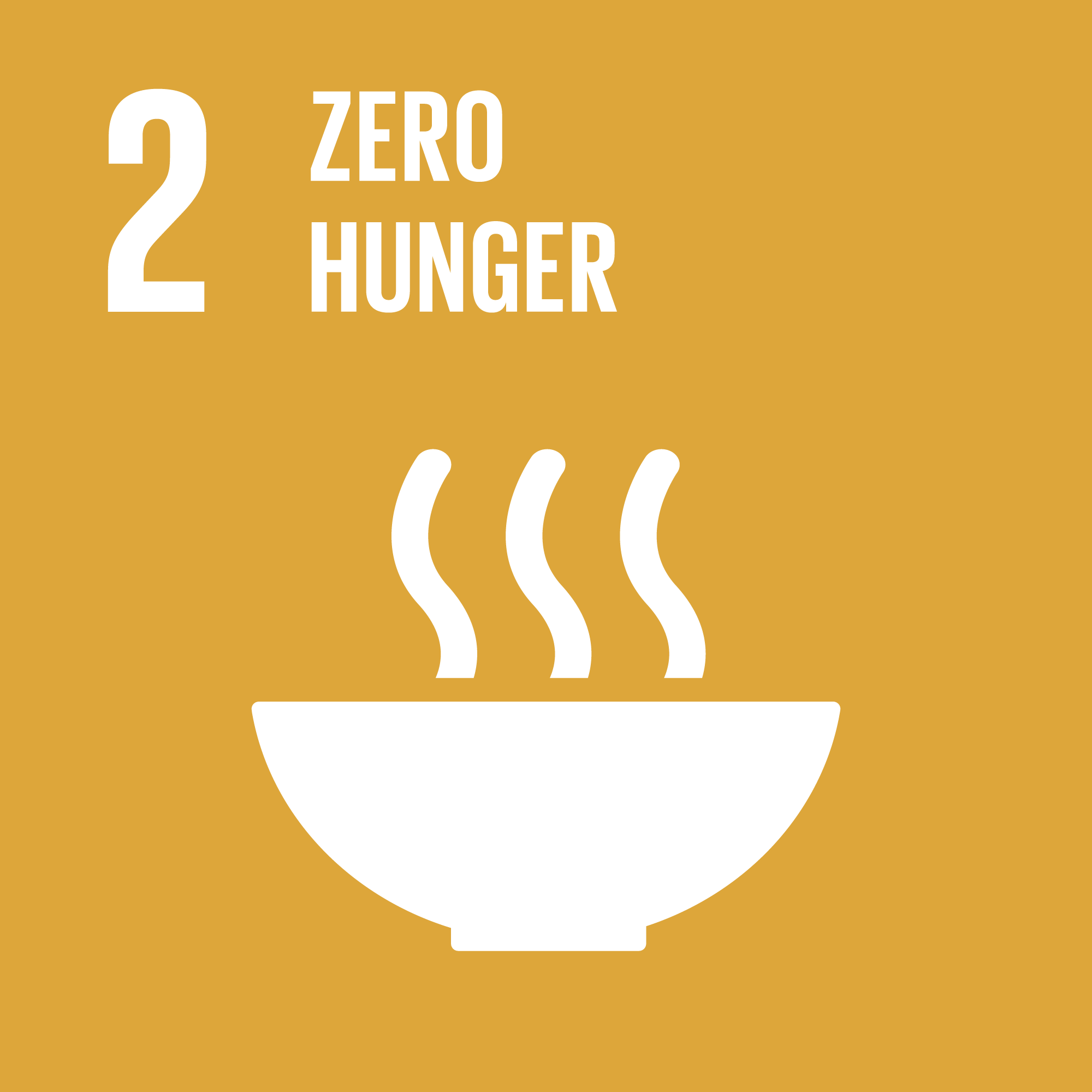 SDG 2 on hunger and food security
SDG 2 on hunger and food security
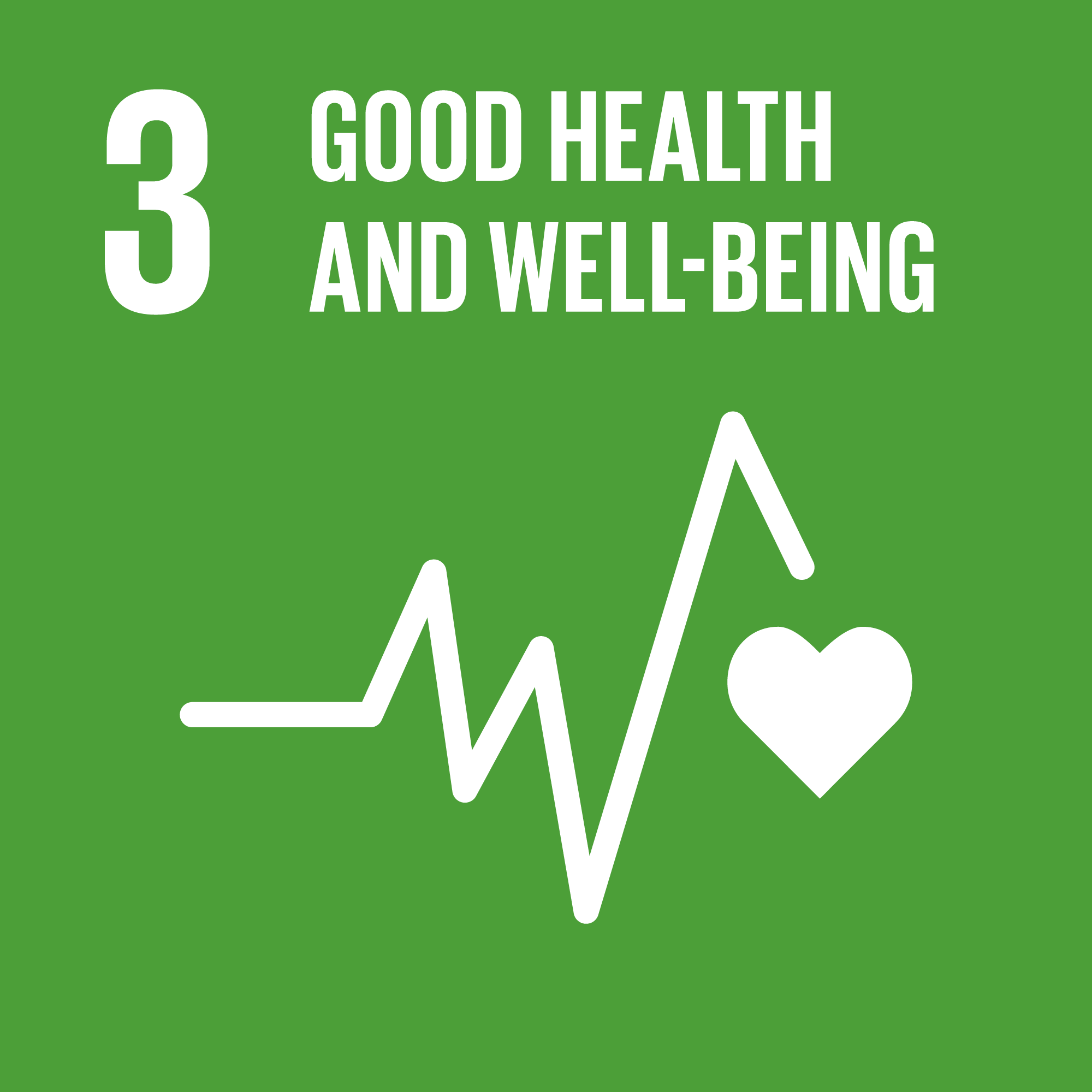 SDG 3 on healthy life and wellbeing
SDG 3 on healthy life and wellbeing
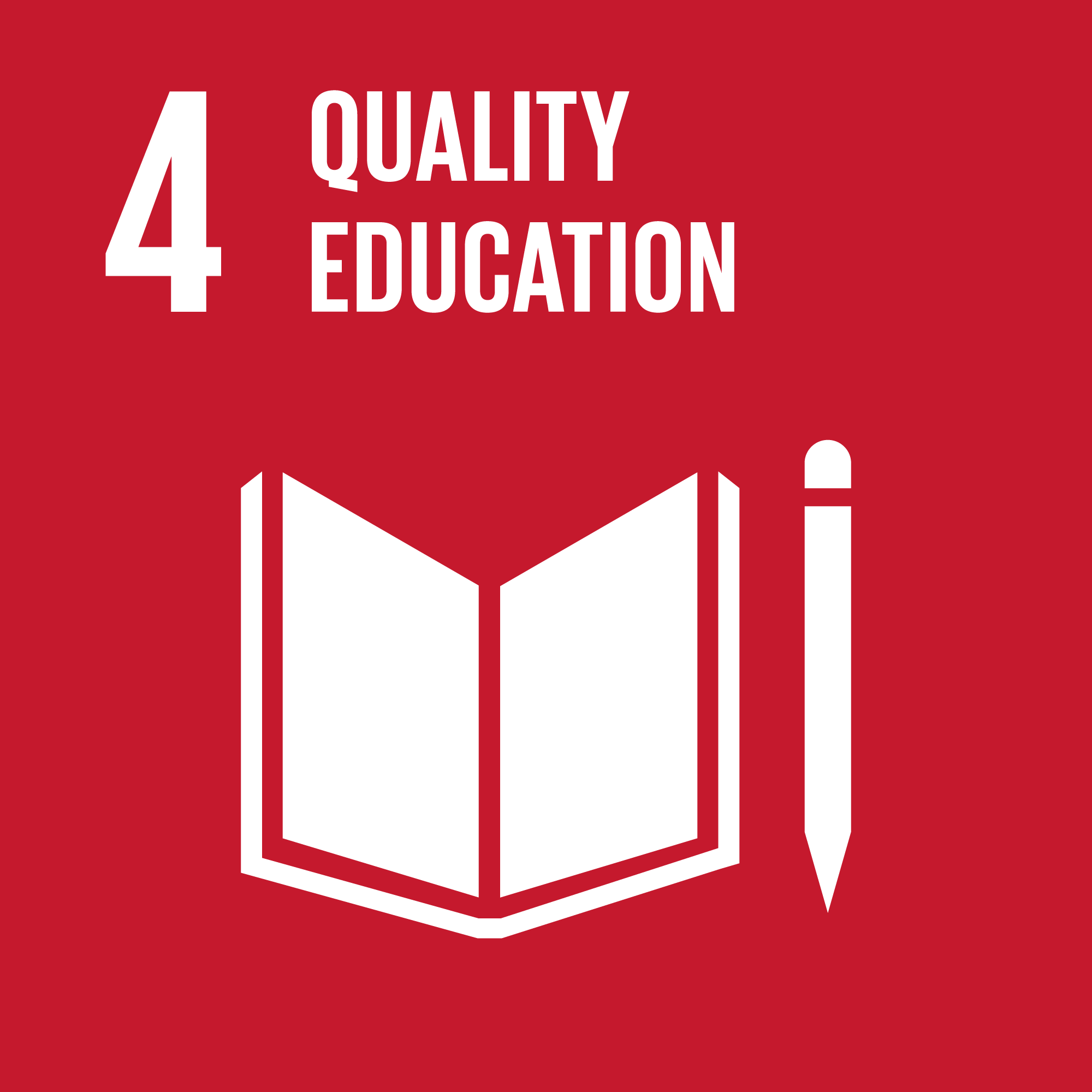 SDG 4 on quality education and lifelong learning
SDG 4 on quality education and lifelong learning
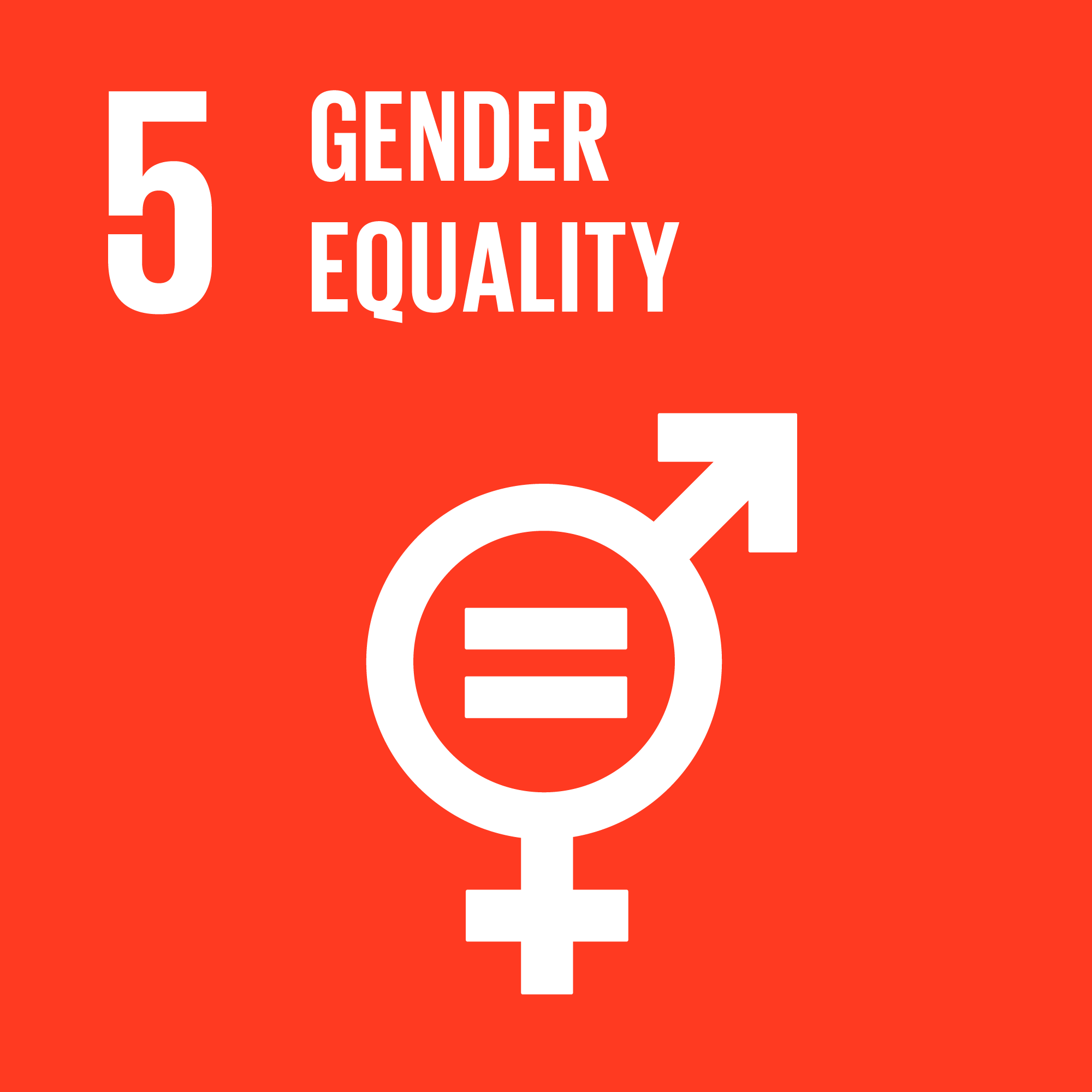 SDG 5 on gender equality and empowerment of girls and women
SDG 5 on gender equality and empowerment of girls and women
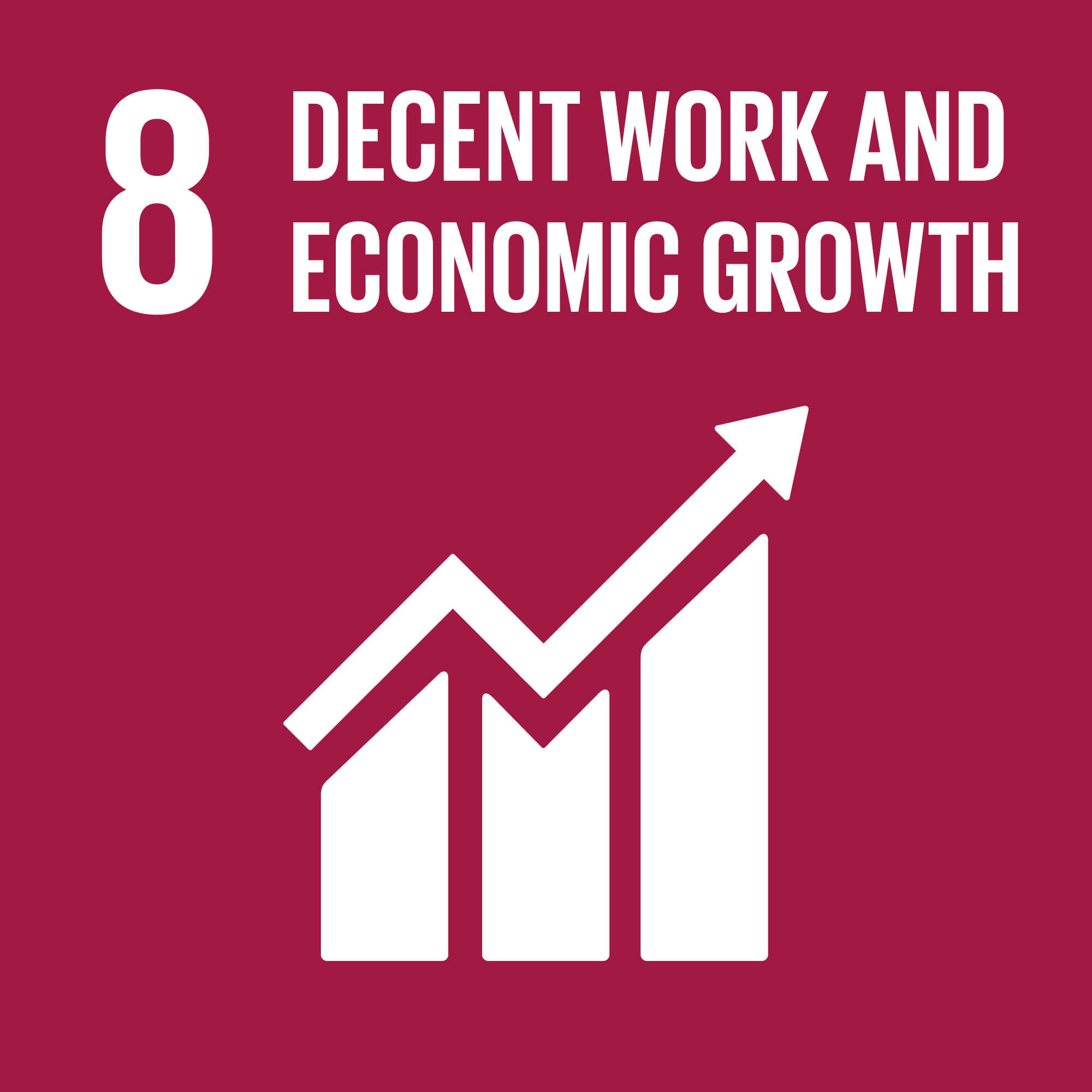 SDG 8 on worst forms of child labour, and decent livelihood for young men and women
SDG 8 on worst forms of child labour, and decent livelihood for young men and women
